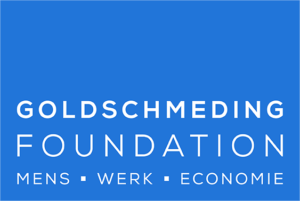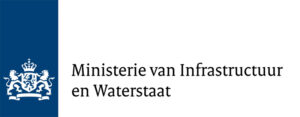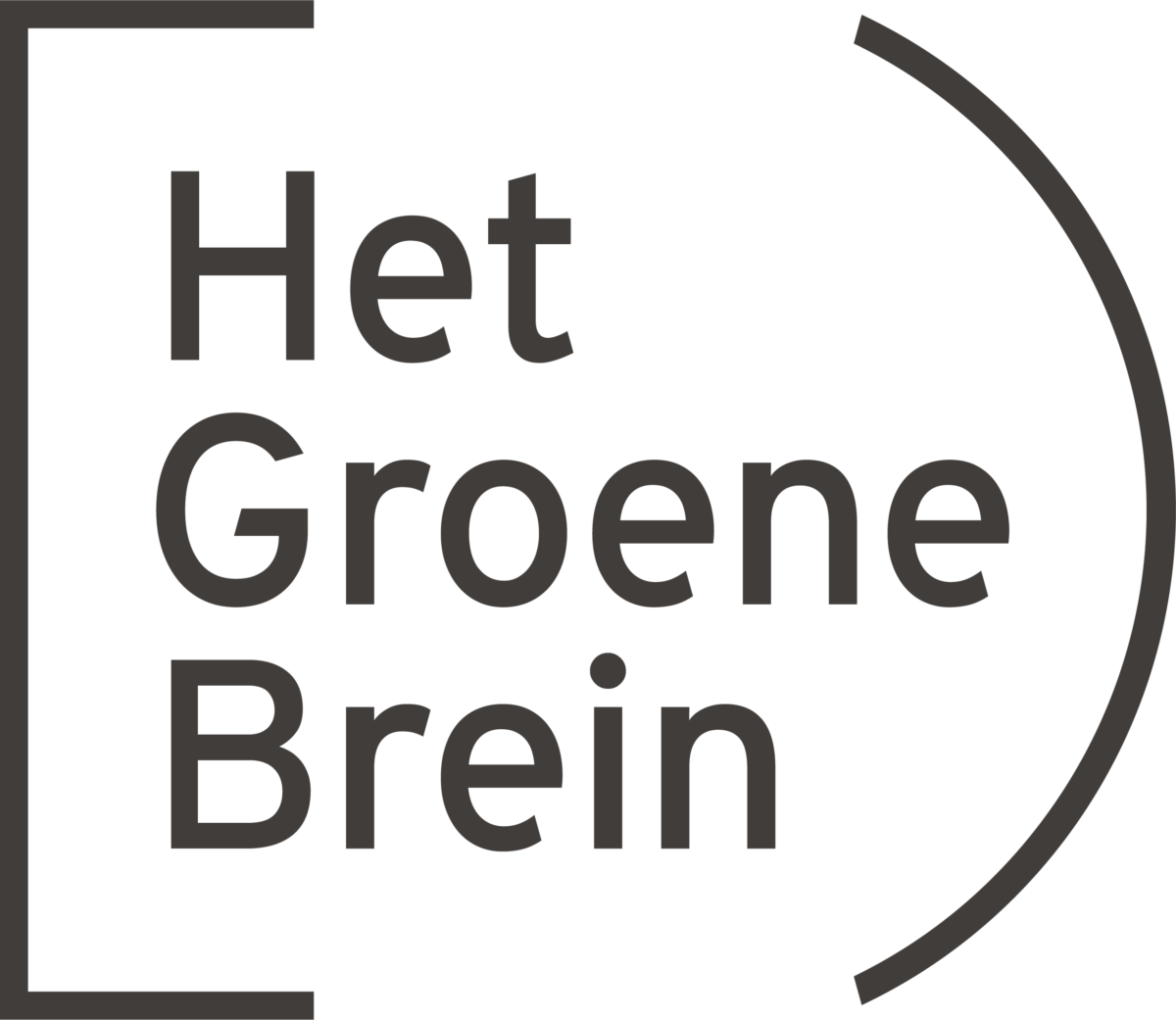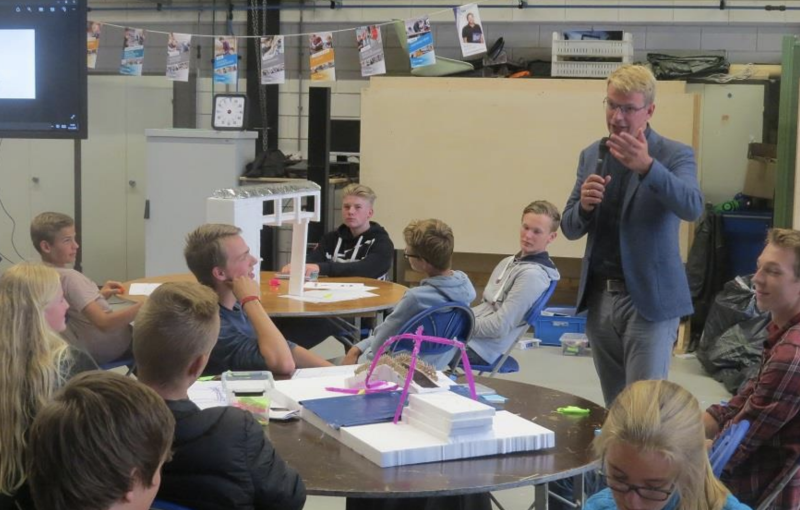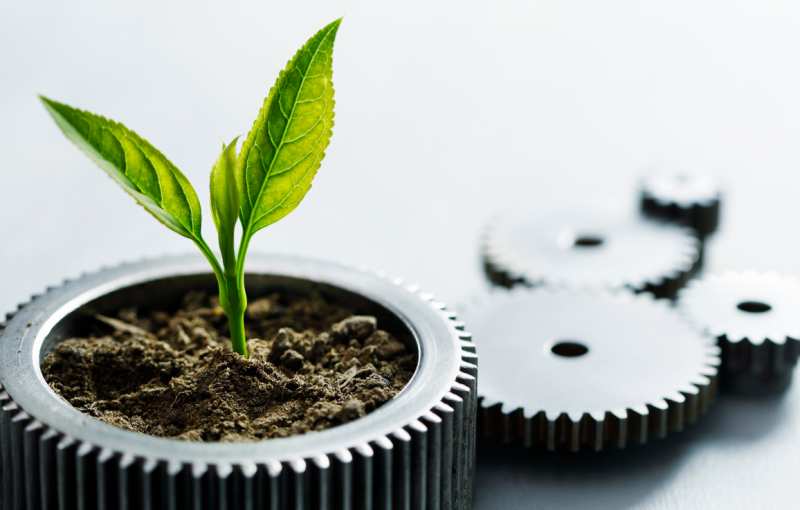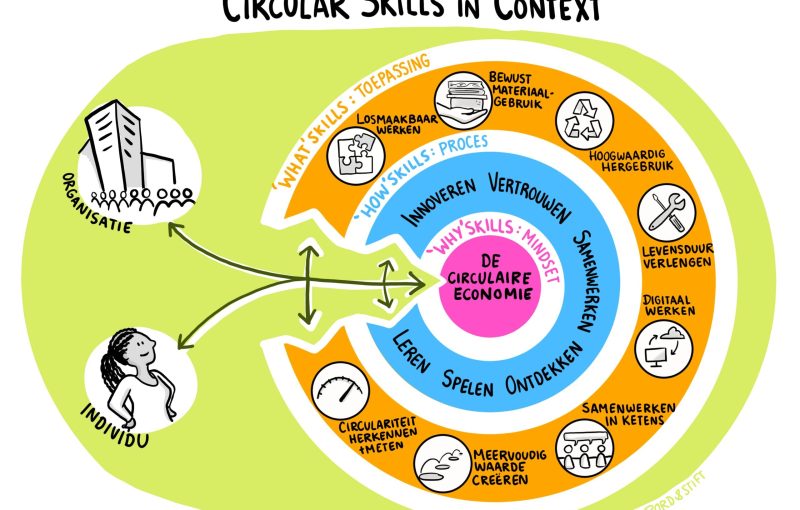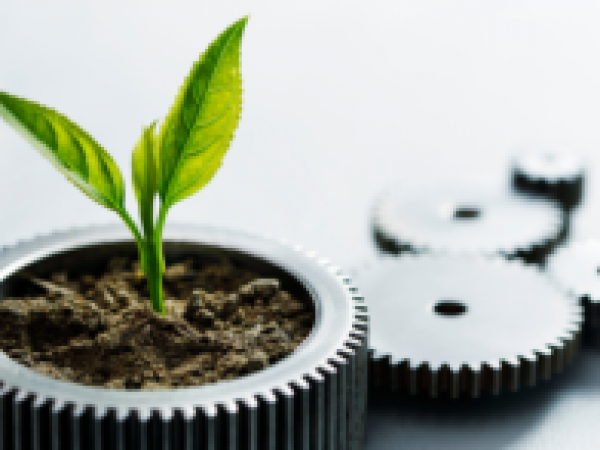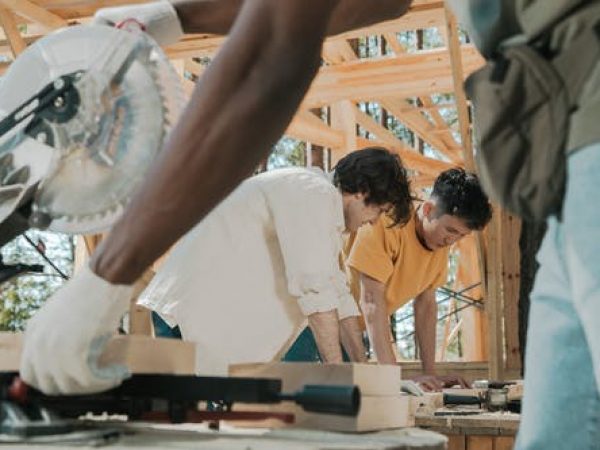Circular Skills in Context
- Why-, How-, and What-skills for a circular economy
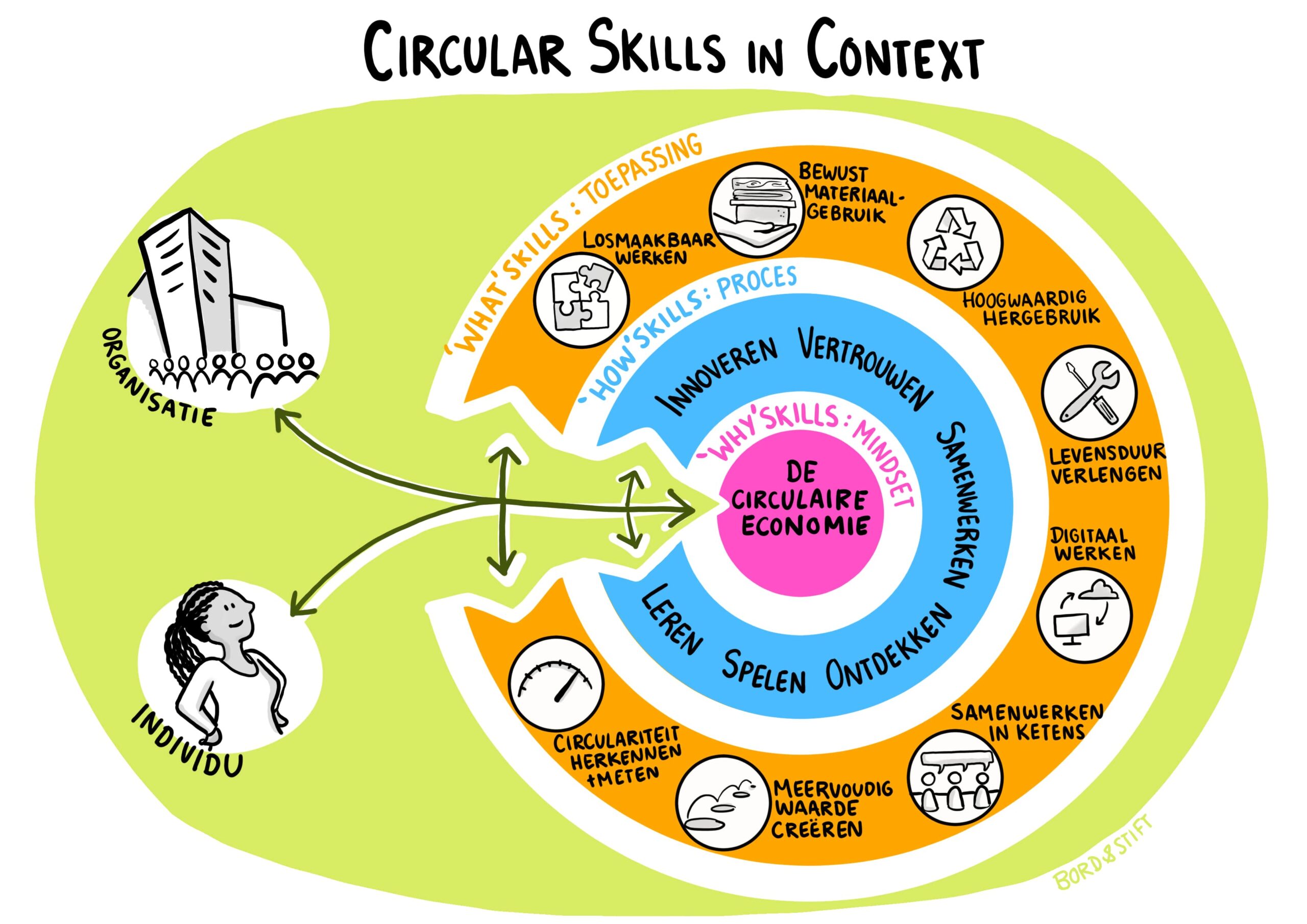
These three aspects require new skills and competencies, both within organizations in transition and in your own career as a professional. Skills that enable people and organizations to perform their work in a new way from the interest of a more sustainable world.
Using a skills circle along two tracks (people and organization), Circular Skills in Context takes you into this world of skills. The circle is composed of three layers: 'WHY' skills, 'HOW' skills and 'WHAT' skills.
The image "Circular Skills in Context" was drawn by Betina van Meter (Bord&Stift) based on two roundtable discussions between Antoine Heideveld (Het Groene Brein), Jan Cromwijk (ISSO), Britt Wijnen (SBB), Maurijn Odé and Britt Molenkamp (MBO College Lelystad), Bas van den Berg (Haagse Hogeschool), Danielle Twardy-Duisters (Hogeschool Zuyd) and Daan de Kruijf (Coöperatie Leren voor Morgen).
What do you see in the picture?
At the heart of the circle are the "WHY" skills, which enable one to see, understand and communicate the importance of a circular economy to another. These skills contribute to the direction, direction and vision for a circular economy. Around them are the "HOW" skills, which translate vision and direction into business processes and/or pedagogical-didactic approaches (in education). Skills that contribute to the creation of a learning organization, in which people are free to develop and innovate. The outer ring contains the 'WHAT' skills, which provide tools for the application of circular principles in daily practice. Besides technical skills, these include social, valorizing and transversal skills. The picture shows how these different types of skills relate to each other and why it is important that people and organizations (continue to) acquire skills at different levels.
Want to know more?
Want to know more about this project? Then please contact Daan de Kruijf.
Join Sustainability Skills!
This project has now been completed. Below we tell you how to join the program.
- Would your organization like to join one of the existing regional collaborations (Friesland; Flevoland; Utrecht; South Holland; Rotterdam)? If so, please contact Daan de Kruijf at daan@lerenvoormorgen.org.
- Does your initiative connect education, business, government and researchers at the regional level? And would you like to join the program to develop and/or grow this initiative? We would like to get to know you better. Fill in this questionnaire and we will contact you within 7 business days!
- Stay informed? Sign up for the newsletter!
Agenda
Inspiration/News
Podcasts
No results found.
Knowledge
- MBO, HO, Lifelong learning
More Projects
No results found.
